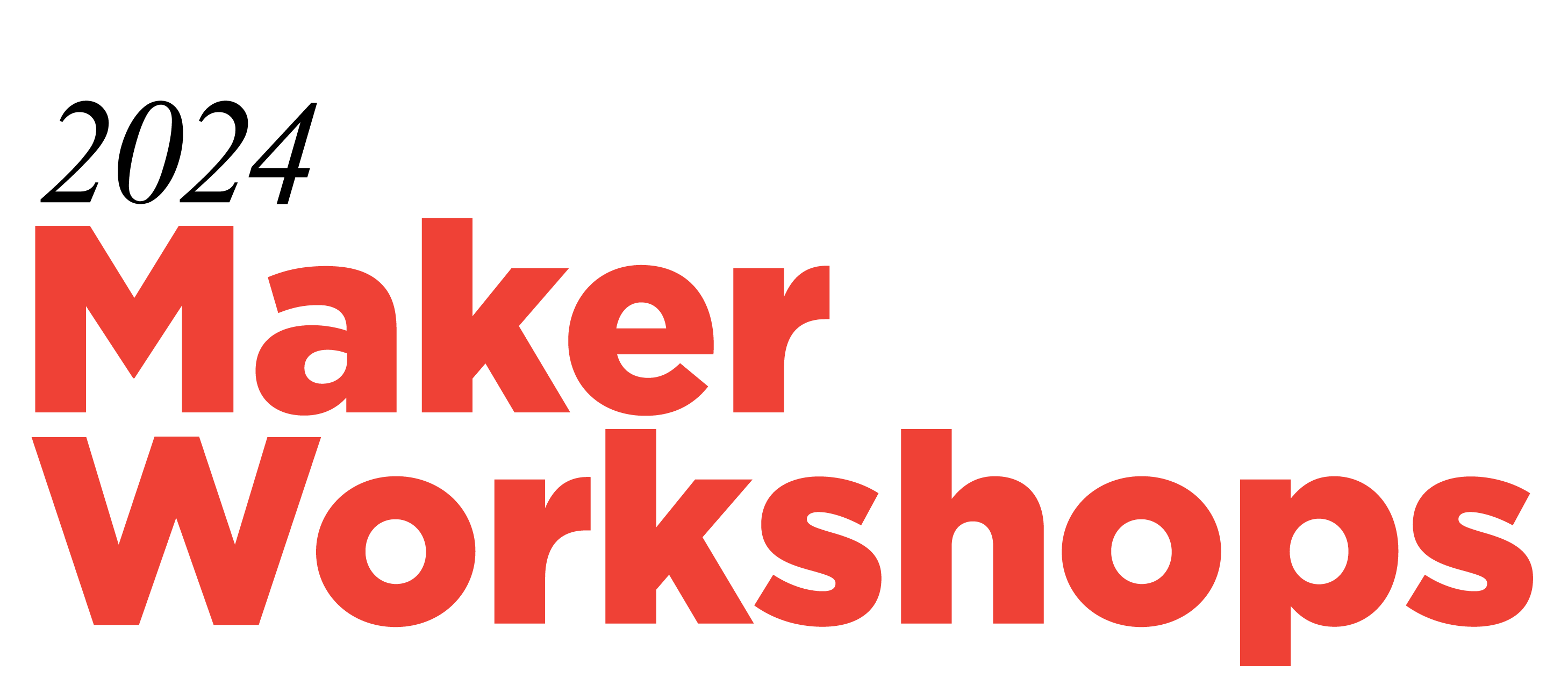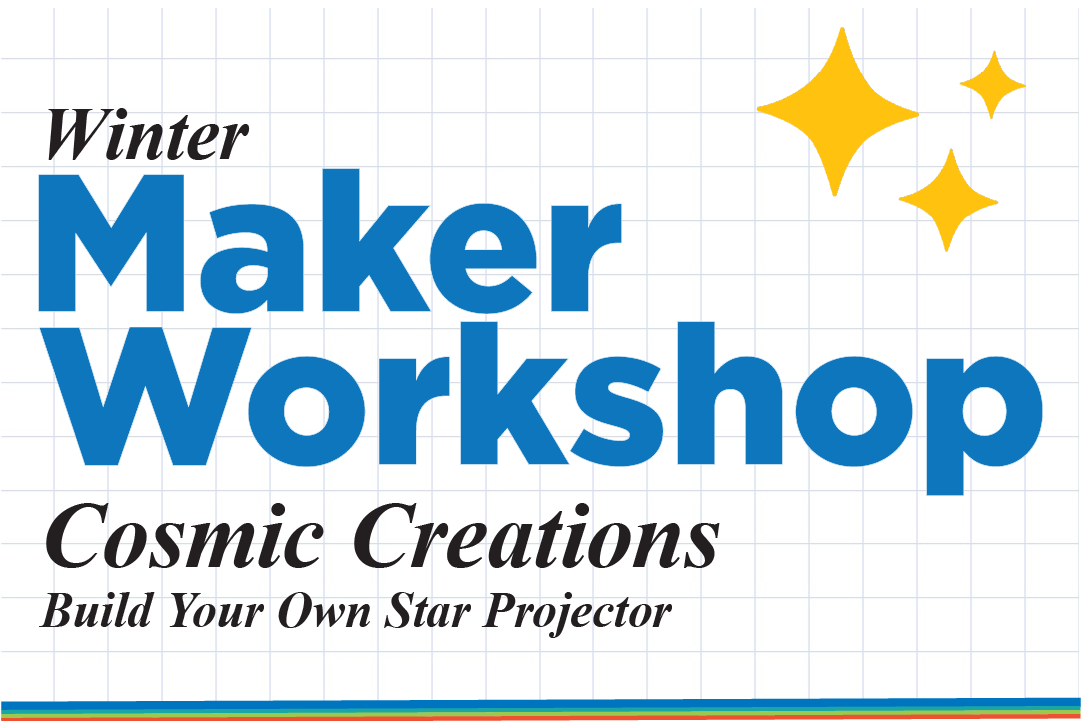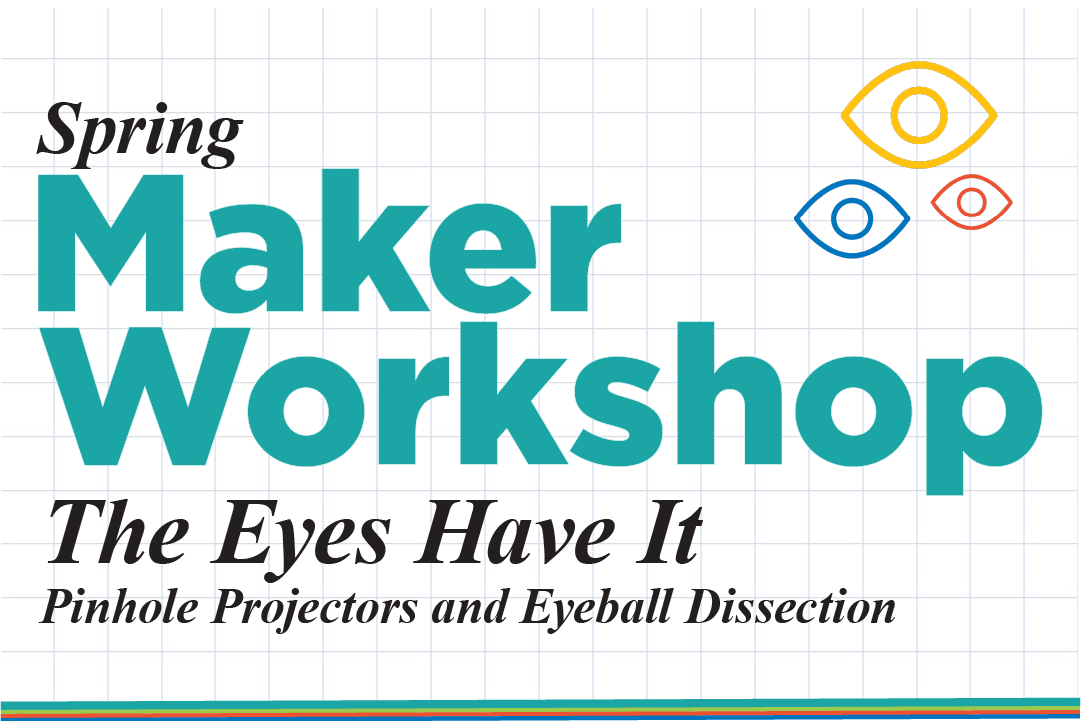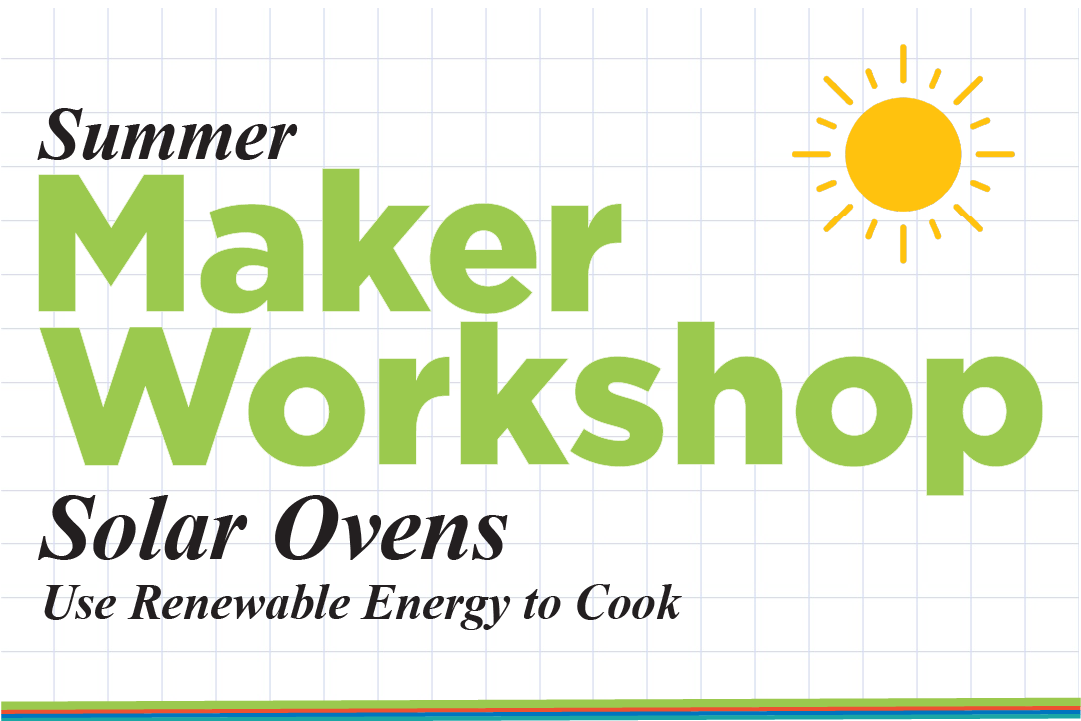
Design – Build – Test – Repeat
The 2024 Maker Workshop series at WonderLab is dedicated to educating the museum’s community about astronomy through the lens of product design. These programs are developed in the effort to reach an older audience and engage them in continued scientific learning. Participants are encouraged to work alone, work together, and work creatively.

Design – Build – Test- Repeat
The 2024 Maker Workshop series at WonderLab is dedicated to educating the museum’s community about astronomy through the lens of product design. These programs are developed in the effort to reach an older audience and engage them in continued scientific learning. Participants are encouraged to work alone, work together, and work creatively.

Star Projectors
Cast your sights upon the heavens. Learn about astronomy and constellations. Make your own star projector model that will display images of real constellations.
- Saturday, January 27, 2024
- 10am – 4pm
- Ticket prices: $6 Members / $20 Non-members / $5 Access Pass
- Ticket price includes all project materials and museum admission.
People have been measuring the placement of stars for thousands of years. In the early days of astronomy, tracking the skies was the best tool to keep track of time, which was fundamental for agriculture and navigation. The first planetarium to be built in modern times was constructed in Jena, Germany in 1924 by Carl Zeiss. This allowed the public to have greater access to studying the stars, thus expanding astronomy education and exploration.
A Star Projector is a miniature planetarium that combines astronomy knowledge with light projection to create a handheld cosmic exploration device.
During the Workshop learn about the major constellations, planets, and fascinating celestial phenomena. Discover the stories and myths behind these cosmic formations and how they have shaped human culture throughout history.
Activities:
- Decorate the projector base
- Create a custom set of constellation cards that swap in to the projector
- Test your star projector in a darkened room
- Observe constellations in a pop-up planetarium
Recommended Ages: Age 8 years +
What’s Included in the Ticket Price:
- All materials and guidance – no prior experience required!
- Museum Admission for the full day.
Ticket prices: $6 Members / $20 Non-members / $5 Access Pass

The Eyes Have It
Learn how light behaves and how images are projected. Make your own pinhole projector that you can use to safely view the upcoming Total Solar Eclipse.
- Saturday, April 6, 2024
- 10am – 4pm
- Ticket prices: Free with museum admission
- Registration is required.
- All project materials are provided.
In a pinhole projector the image you see is upside down. This is because light coming in through the small hole travels in a straight line.
This is true of our eyes as well. The pupil is the hole of the pinhole projector, so why do we not see the world upside down? What is it about our eyes, our other senses, and our brains that allow us to see the world right side up?
Other than the shape of the pupil a cow’s eye and a human’s eye are similar in structure and function.
During the Workshop we’ll use the scientific method in dissecting a cow’s eye. We’ll learn how human eyes work and hypothesize why our world is not viewed upside down.
The Spring MakerWorkshop is sponsored by The Simons Foundation and is part of the WonderLab Eclipse Celebration.
Activities:
- Make a pinhole projector in a box for solo viewing of the solar eclipse.
- Make a cardboard project that can be used by multiple people for solar eclipse viewing.
- Dissect a cow eyeball.
Recommended Ages: Age 8 years +
What’s Included in the Ticket Price:
- All materials and guidance – no prior experience required!
Ticket prices:
- Free with Museum Admission
- Registration is required

Solar Ovens
Experiment with how solar rays can be harnessed and used as energy. Use this renewable energy to cook food!
- Saturday, July 13 2024
- 10am – 4pm
- Ticket prices: $6 Members / $20 Non-members / $5 Access Pass
- Ticket price includes all project materials and museum admission.
Solar cookers are particularly useful when other sources of fuel are unavailable or to prevent the use of fossil fuels. Bonus, they do not pollute the environment when in use!
Solar ovens have been around for over 2200 years. The first documented use of solar ovens comes from an ancient Jewish sect called the Essenes. Using large flat rocks positioned under the sun, the Essenes would warm grains and other food for community meals.
Learn about historical uses of the solar oven dating back to 200 BCE, explore how solar ovens have evolved in design over thousands of years, and experiment with how solar rays can be harnessed and used as energy.
During the Workshop we will create solar ovens inspired by two historical designs: the “hot box” designs from scientist Horase de Saussure (1776) and by the “directed solar rays” designs from physicist William Adams (1876).
Activities:
- Design a prototype.
- Build your own solar oven.
- Test your oven in the WonderGarden (weather permitting).
Recommended Ages: Age 8 years +
What’s Included in the Ticket Price:
- All materials and guidance – no prior experience required!
- Museum Admission for the full day.
Ticket prices: Ticket prices: $6 Members / $20 Non-members / $5 Access Pass
